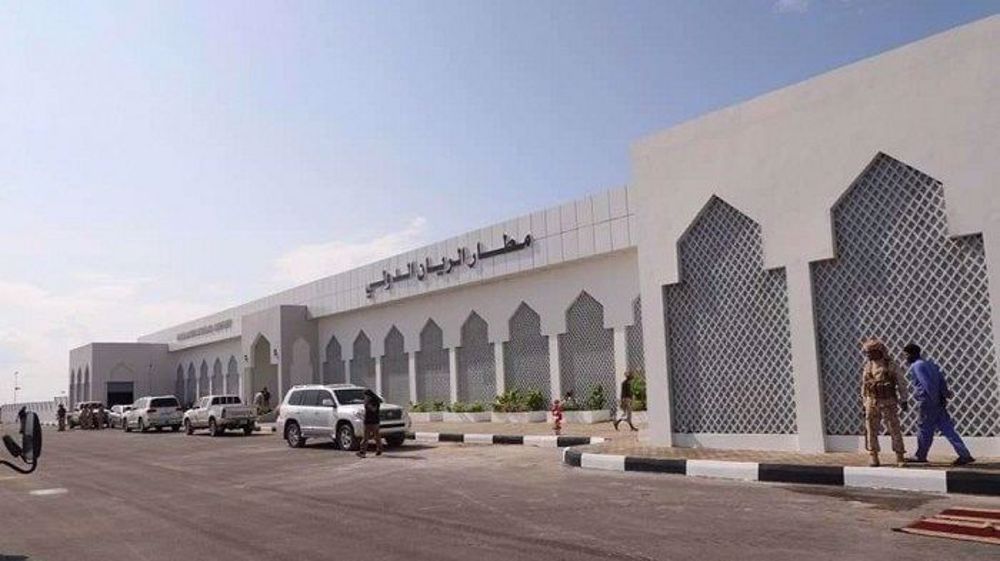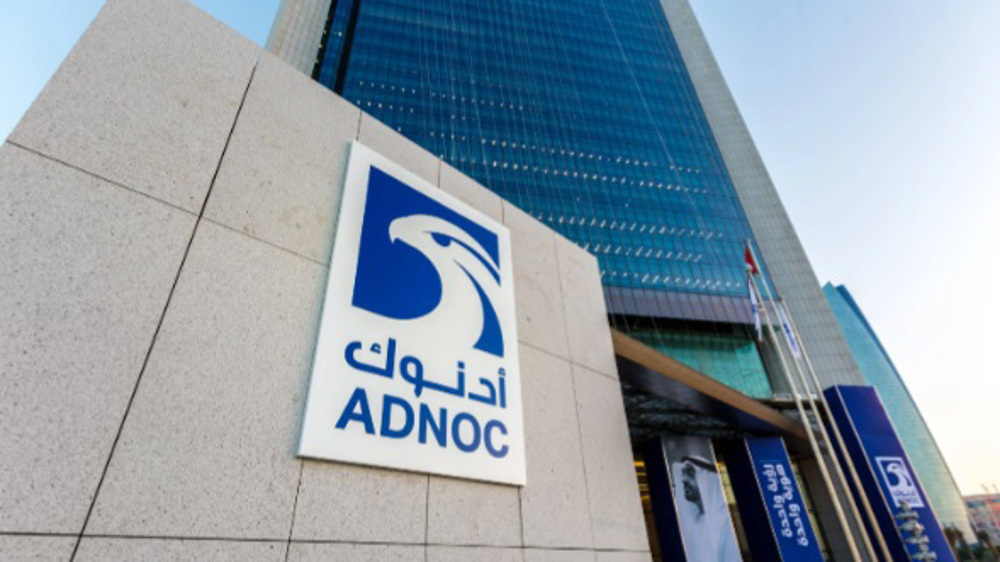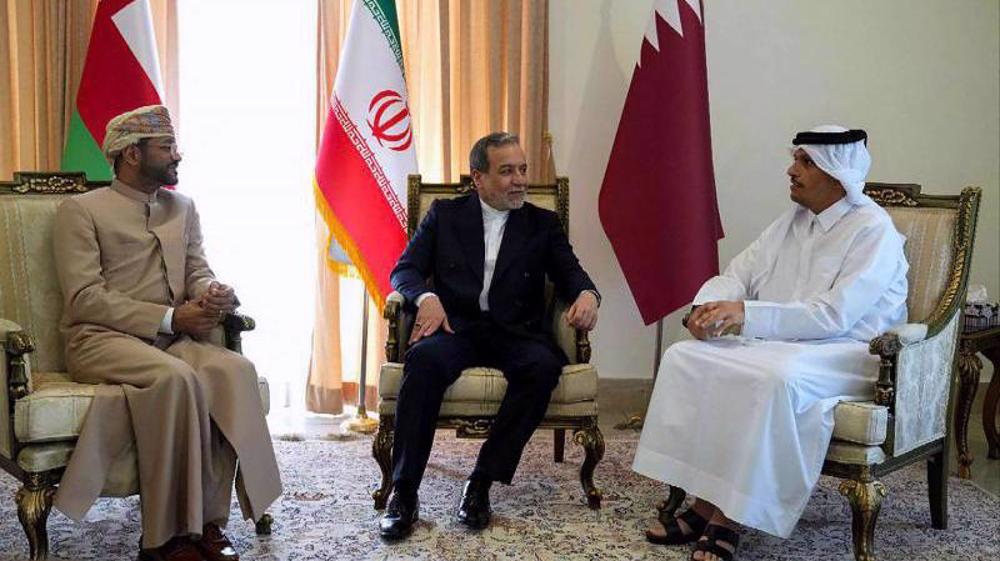Government quit over $800mn embezzlement: Kuwait’s defense chief
Kuwait's Defense Minister Sheikh Nasser Bin Sabah Al Ahmad Al Sabah says the government's recent resignation was triggered by the alleged embezzlement of nearly $800 million from a military aid fund.
"It is the main reason for the government's resignation," Sheikh Nasser said in a statement Saturday, two days after Prime Minister Sheikh Jaber Mubarak Al-Sabah quit along with his cabinet.
The Kuwaiti defense chief, the eldest son of Kuwait's emir, said the suspected irregularities estimated at around 240 million Kuwaiti dinars ($789 million) had taken place before his nomination to head the defense ministry in December 2017.
He said he had ordered that the purported irregularities be referred to the country’s public prosecutor for investigations before the government resigned.
Sheikh Nasser, who also serves as the country’s deputy prime minister, said he had requested explanations of the alleged misappropriations from the prime minister and the interior minister, but they failed to provide any response.
In a statement on Thursday, government spokesman Tareq al-Mazrem said the government’s resignation was triggered by lawmakers' criticism of several ministers for alleged malpractice.
Sheikh Jaber Mubarak, who was appointed as prime minister in December 2011, submitted his resignation along with his cabinet on Thursday.
The emir still has to accept the resignation in order for it to be final. After accepting the resignation, the emir can rename the outgoing premier or appoint a new head of government to form the cabinet, the eighth since 2011.
Earlier this month, hundreds of Kuwaitis protested outside the parliament against the outgoing government and alleged rampant corruption.
Kuwait is the only Persian Gulf country with a fully elected parliament that enjoys wide legislative powers and can vote ministers out of office.
The oil-rich country has been shaken by political disputes between lawmakers and the ruling family-led government for over a decade, with parliament and cabinets being dissolved several times.
The OPEC member, which has a native population of 1.4 million in addition to 3.3 million expatriates, pumps 2.7 million barrels of oil daily.
VIDEO | An unchecked presidency
VIDEO | Deportations strain Afghanistan’s fragile economy
‘Full-scale atrocity’: Iran security body reports 2,427 martyrs in US-Israeli-led riots
Smallest coffins are the heaviest: The three youngest victims of foreign-backed riots in Iran
Hamas warns of ‘systematic Israeli violations’ as Gaza ceasefire teeters
Israeli strikes kill 11 across Gaza, including children and journalists: Palestinian medics
US forces transferring Daesh prisoners from Syria to Iraq: CENTCOM
Press TV's news headlines











 This makes it easy to access the Press TV website
This makes it easy to access the Press TV website